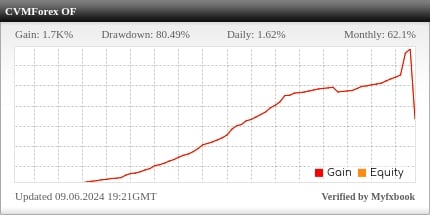Forex or the Foreign Exchange market is the online marketplace where foreign currencies are traded. Foreign exchange is inevitable, as it is the backbone of foreign businesses and trade. This is precisely the reason why the Forex market is the most liquid marketplace in the world.
Unique Features
• As it is the largest financial market, the total value traded per day goes up to trillions of US dollars.
• There is no centralized physical market for currency exchange. Instead, trading is done electronically through computer networks around the world, 24 hours a day, and five days a week. When the trading day ends in Canada, the market is buzzing with activity in Australia.
What are the spot, forwards and futures markets?
Trading is done in three different ways in these markets.
1. Spot market
When people usually refer to the Forex marketplace, they are actually referring to the spot market.
The spot market is the location where foreign currency exchange takes place between businesses. The rate at which currency is exchanged is determined by many factors like,
The current political scenario in the country, whose currency is being bought.
Current rates of interest.
The performance of that country in the world economy.
An estimation of the future value of that currency.
At the spot market, two parties exchange currency at a set value, and the deal is settled in cash, after two days.
2. Forwards market
The forwards market is the location where contracts are traded between parties who determine the terms and conditions of the settlement themselves.
3. Futures market
At the futures market, future contracts are traded based on a standard settlement date, regulated by a governing body. For instance, the National Futures Association regulates the futures market in the US.
Future and forwards markets offer a certain level of protection against risks. So, big businesses use these markets to hedge against future fluctuations in currency exchange rates.
Forex Trading – The Basics
Forex Trading is, simply put, buying or selling currencies in pairs. When you buy, you expect the cost of your pair to increment over time. This is called appreciation, and you stand to get a profit. If you sell, you expect a drop in the value of your currency. This is called depreciation.
Some Pointers for Forex Trading
1. Select a trading method that you are comfortable in. Pick currency pairs that are recommended for beginners, and learn the flow of the market. Practice trading using your chosen method for three months, before you explore other tactics.
2. Choose a time for trade when the market has maximum liquidity. High volumes of trade may occur in the evening for your chosen currency pairs; so keep yourself available at that time.
3. An automated trading system will help beginners understand the trade. One of the major benefits of the automated machines is that your trades will be unemotional and disciplined.
4. You have to keep an eye out and stop loss. You stop when you have reached a certain amount that you initially set aside for an unpredictable loss. Beginners of Forex trading who do not follow this golden rule have easily been bankrupt! So, do not keep going till you are completely drained on funds today. Tomorrow could be a better day.
5. Select a point where you take profit, and adhere to it. When the market is moving in your direction, you should be aware that the situation could turn around in minutes. So, stop when you have gained a decent profit. Multiple small profits would add up to big amounts; so ditch the greed!
6. Proceed without fear. You could lose out on profits if you take profit before your predetermined point. Trust yourself and have faith in your predictions. Market fluctuations are common in this trade, and if the swings are within your predetermined points for stop loss and take profit, you should stay calm.
7. Surround yourself with people who are knowledgeable in the game. You can really learn a lot of tactics from experienced traders.
8. Take risks with well-calculated decisions. This is a business that rides on risks, anyway.
9. Keep a journal of your trades so that you can view your progress and losses. This will offer you good reference material, in the long run, to understand your losses and be a better trader.
10. Follow the chart and trade according to the trend shown there. Don’t make assumptions; just follow the graph.
11. With some keen observation and practice, beginners can reap good profits from Forex trading. Economic analysts have stated that Forex trading has many advantages when compared to stock trading.
In conclusion, follow the above guidelines, and you can really make Forex work for you.













